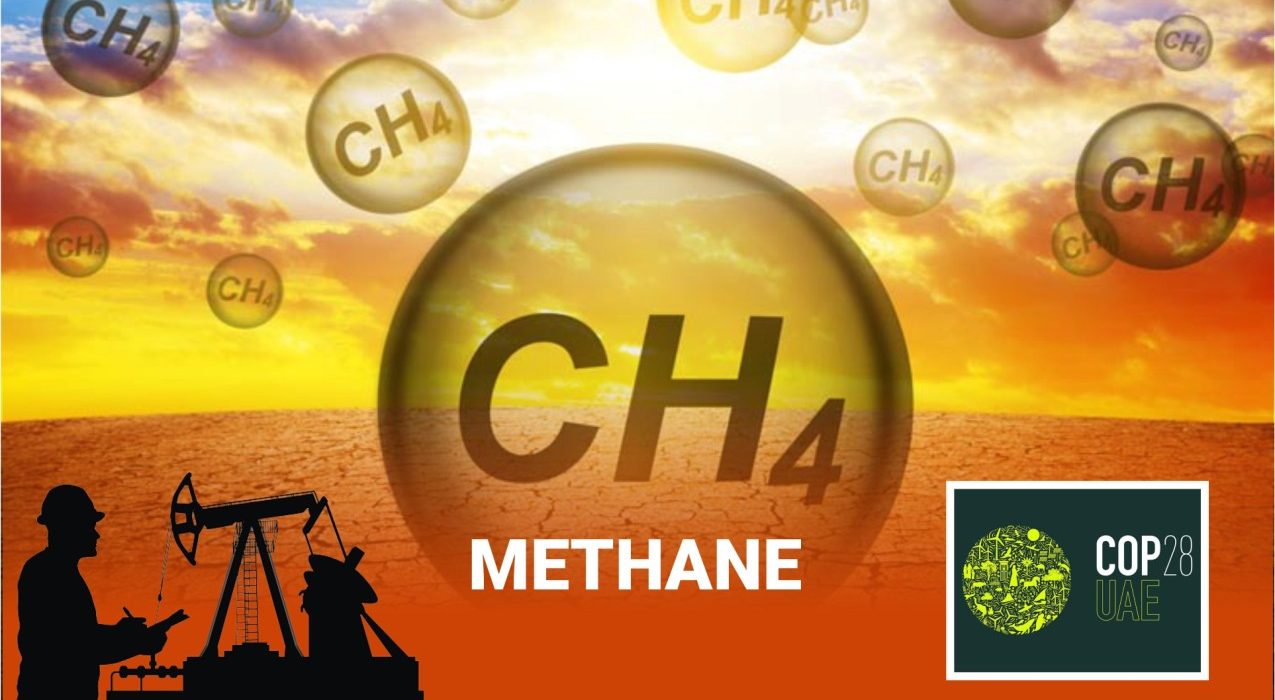The 2023 UN COP28 climate summit serves as a crucial platform for global leaders to confront the urgent challenge of methane emissions, which rank as the second-most significant contributor to greenhouse gas emissions. With over 150 countries committing to the ambitious goal of reducing methane emissions by 30% from 2020 levels by 2030, under the leadership of the US and EU through the Global Methane Pledge, there is a palpable sense of urgency to translate these commitments into concrete actions. Delegates at COP28 are poised to engage in discussions and negotiations aimed at formulating robust strategies and implementing effective measures to achieve these targets. The summit represents a pivotal opportunity for international collaboration, innovation, and collective resolve in addressing one of the most pressing environmental issues of our time.
Challenges in Implementation
The challenges in implementing the ambitious goals set forth by the Global Methane Pledge are significant. While numerous countries have pledged their commitment to reducing methane emissions, there remains a critical gap in the development of detailed plans outlining precisely how these reductions will be achieved. This lack of specificity poses a barrier to progress, as translating pledges into actionable strategies demands a clear roadmap.
Moreover, the urgency to address methane emissions underscores the need for immediate action. To effectively curb methane emissions, it is imperative to provide financial support to developing countries, enabling them to invest in sustainable technologies and infrastructure. Additionally, the implementation of stringent national regulations targeting methane-emitting sectors, including oil and gas extraction, and agricultural practices, is paramount.
Without swift and decisive action, the momentum generated by these pledges risks being lost. It is essential for governments, businesses, and international organizations to collaborate closely in overcoming these implementation challenges and ensuring that concrete measures are put in place to achieve the ambitious emission reduction targets.
Calls for Industry Engagement
The COP28 presidency, led by the United Arab Emirates (UAE), is making a significant call for engagement from the oil and gas industry in addressing methane emissions. Urging companies to take tangible steps towards reducing methane emissions, the UAE emphasizes the crucial role that industry participation plays in achieving global climate goals.
While certain oil and gas companies have demonstrated a level of commitment through voluntary programs aimed at monitoring or reducing emissions, the extent to which these efforts will be formalized in response to the UAE’s call remains uncertain. The industry’s response to this appeal will be critical in determining the success of methane reduction efforts.
Given the substantial contribution of the oil and gas sector to methane emissions, proactive engagement and decisive action from companies in this industry are essential. By embracing the challenge and implementing measures to mitigate methane emissions, oil and gas companies can not only contribute to global efforts to combat climate change but also demonstrate leadership in sustainability and environmental stewardship.
Emphasis on Firm Commitments
The United Arab Emirates (UAE), as the presiding authority of COP28, is placing significant emphasis on securing firm commitments from the oil and gas industry to phase out methane emissions by 2030. Recognizing the pivotal role of this sector in global methane emissions, the UAE is advocating for concrete and actionable plans to be incorporated into the final agreement.
Central to the UAE’s approach is the insistence on transforming past pledges into tangible measures that drive meaningful reductions in methane emissions. This entails establishing clear and enforceable targets within the agreement, ensuring that the oil and gas industry is held accountable for its emissions and commits to comprehensive mitigation strategies.
By prioritizing firm commitments, the COP28 presidency aims to instill confidence in the international community that decisive action will be taken to address methane emissions. This approach underscores the UAE’s commitment to advancing the global climate agenda and underscores the critical importance of proactive measures in combating climate change.
Focus on Immediate Impact
Experts highlight the significance of including methane reduction efforts in a legally binding agreement, emphasizing its higher warming potential compared to carbon dioxide and its shorter atmospheric lifespan. Addressing methane emissions can thus have a more immediate impact on limiting climate change.
Global Collaborative Efforts
Efforts to tackle methane emissions are gaining momentum globally. Initiatives such as the EU-US-led Global Methane Pledge are attracting increasing political support, with additional countries committing to sign onto the pledge. Furthermore, plans for collaborative funding, such as the World Bank’s new program supported by independent oil companies, aim to facilitate detection and cleanup efforts in major methane-emitting countries. However, more substantial financial commitments are needed to effectively address methane emissions across various sectors.
Conclusion
As the COP28 summit unfolds, it is evident that there is a burgeoning acknowledgment of the imperative for decisive action to tackle methane emissions. With major economies such as the United States, China, and the European Union spearheading the implementation of novel regulations and policies aimed specifically at mitigating methane emissions, there is a palpable sense of optimism regarding the prospects for substantial progress in addressing this pressing facet of climate change mitigation.
The collective efforts of nations, alongside the proactive engagement of various stakeholders, signify a promising trajectory towards meaningful methane reduction initiatives. The commitment demonstrated by key players in adopting stringent measures underscores a shared determination to confront the challenges posed by methane emissions head-on.
While challenges persist, the momentum generated by COP28 serves as a catalyst for renewed commitment and collaboration in the global fight against climate change. As the summit progresses, the world watches with hopeful anticipation, recognizing that the time for action is now.

